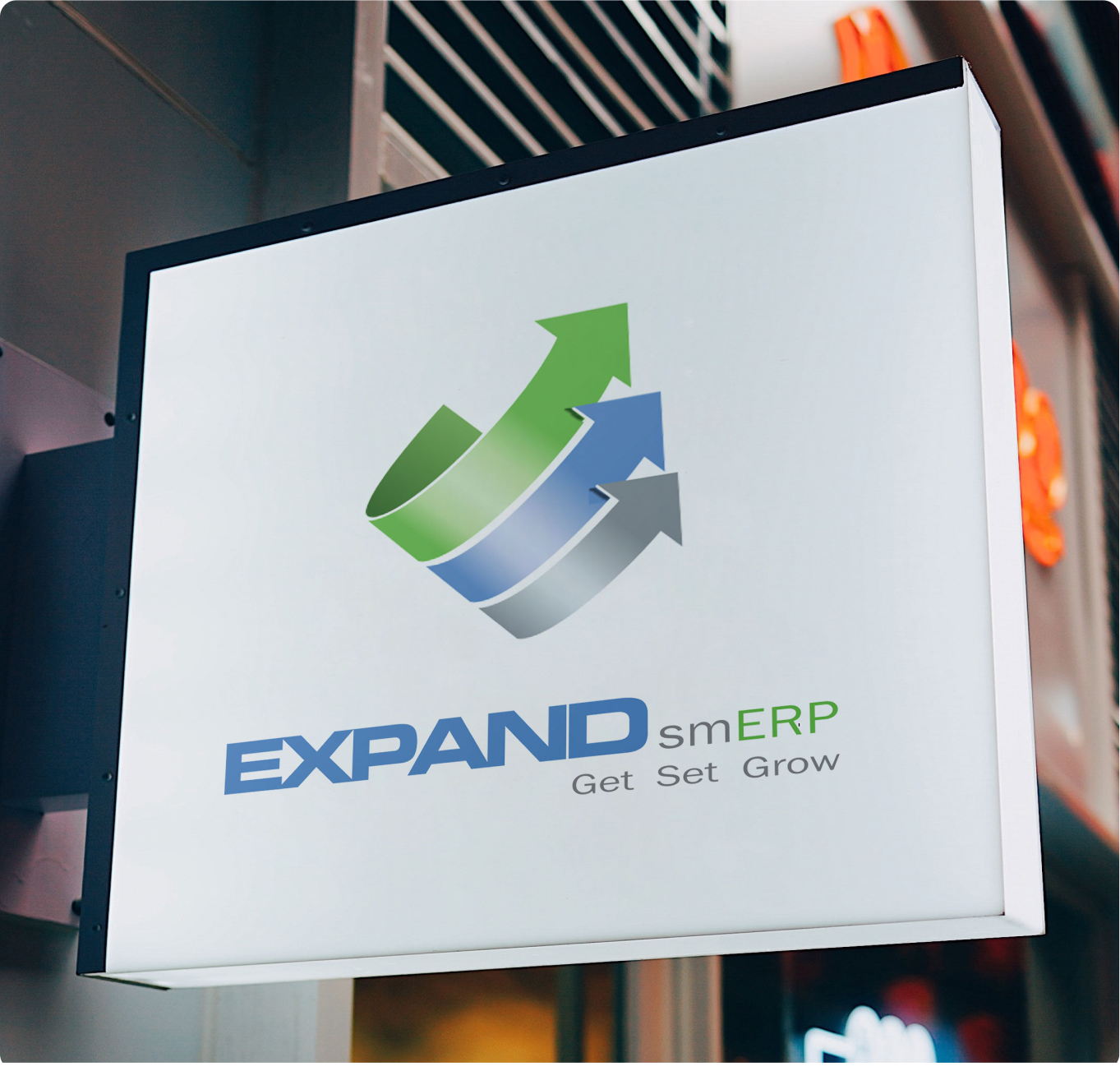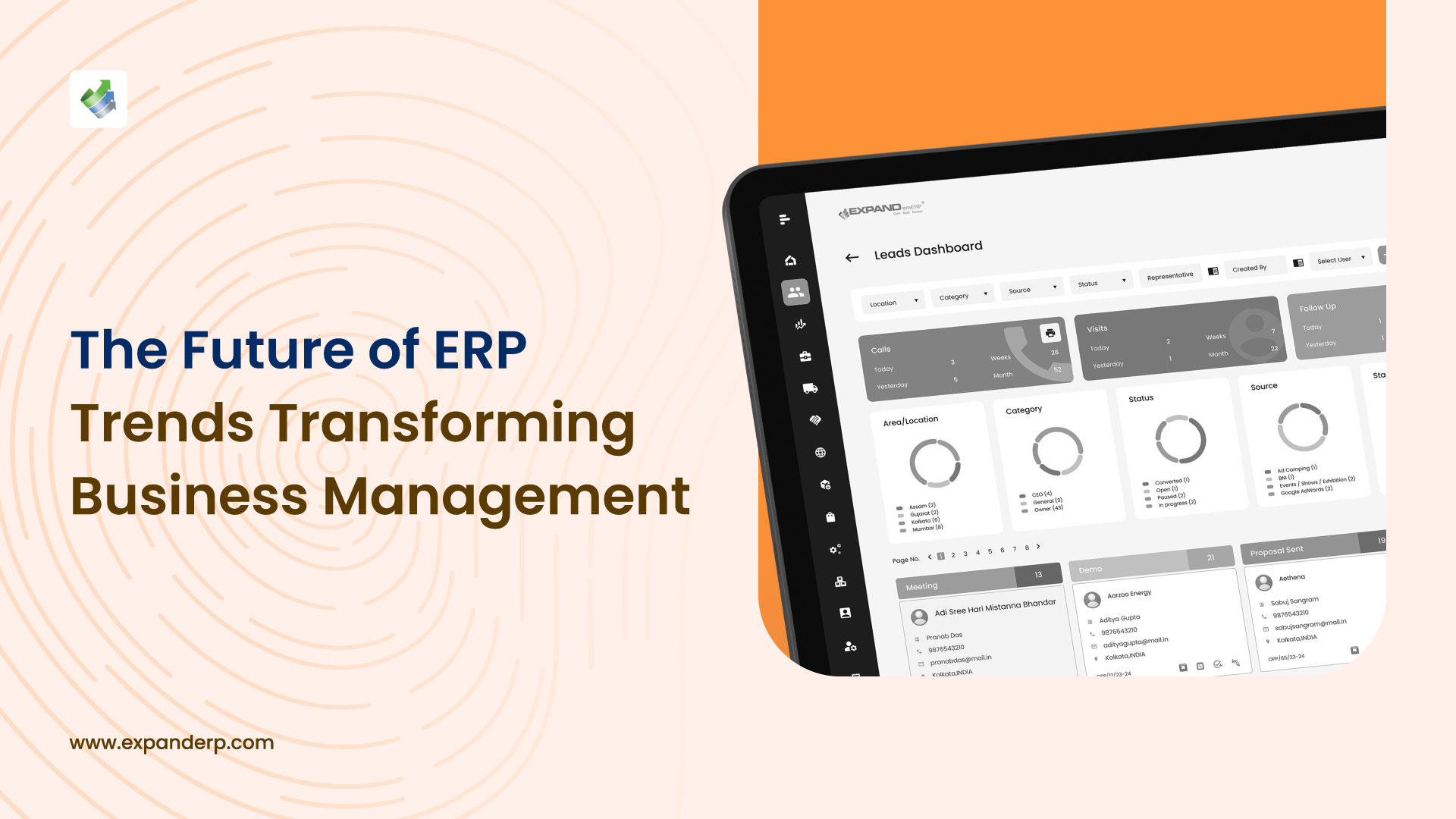Request for Callback
Fill out this form to download.

Fill out this form to download.
Thank You!
Your request for a callback has been successfully submitted. Our team will get in touch with you shortly. We appreciate your patience and look forward to speaking with you soon.
If you have any urgent concerns, please feel free to contact us directly at
+91 9007026542 or email us at [email protected]
Thank You for Your Interest!
Your request to unlock the free demo has been successfully submitted. Please check your email for further instructions and a link to access the demo. We hope you enjoy exploring the features and capabilities of our product.
If you have any questions or need further assistance, please feel free to contact us directly at
+91 9007026542 or email us at [email protected]
The brochure has been sent to your email. Kindly check your inbox, and if it’s not there, please check your spam or junk folder.
We've send a verification code to your phone
Just fill-in the details below and we will get in touch with you within 48hrs, maybe sooner.If it is important feel free to call Ritisha on +91 9007026542.
Thank you for your interest in Expand smERP. A product expert will call you within 48 hours, maybe sooner. If it is important please feel free to call Ritisha on +91 9007026542.
Thank you for your interest in expandsmERP. The login credentials have been sent to your email. Kindly note that these credentials are valid for 3 days.
Thanks for sharing your information For any queries, feel free to contact us at 9007026542.

With the advancement in technology, Enterprise Resource Planning (ERP) systems have become the foundation of modern business operations to enhance business performance. From finance and inventory to sales and human resources, ERP integrates all departments together into a centralized system. The future of ERP is not just about better software, it's about smarter, faster and more connected business processes. Let's take a look into the major trends shaping the future of ERP.

Rise of Cloud based ERP
One of the biggest changes in the Enterprise Resource Planning (ERP) landscape is the shift from traditional on-premise systems to cloud-based ERP solutions. The major shift is primarily happening due to the mobility and flexibility factor of cloud ERP which allows businesses to access their systems from anywhere with an internet connection. As remote work and hybrid teams become the norm nowadays, cloud ERP is becoming essential for businesses to operate uninterruptedly. The future of ERP lies in its ability to integrate seamlessly with these platforms. Integrated ERP systems will connect with payment gateways, supply chain systems and even IoT devices. This provides a unified view of business operations, improving accuracy and decision-making.
Artificial Intelligence (AI) powered ERP
AI powered ERP are also transforming business to a great extent. The integration of Artificial Intelligence (AI) in ERP systems not only helps in automating routine tasks but also helps in detecting errors with minimal human intervention. For instance, AI can help predict demand, optimize inventory levels and even detect errors in documents and reports. This shift makes ERP not just a management tool but also contributes for future ready businesses to thrive in this digital age.
Moreover, by analyzing historical data and ongoing business activity, AI helps in better inventory management which prevents sudden stock outs. As a result, businesses using AI-driven ERP systems can respond more quickly to market changes, streamline operations, and gain deeper insights into performance, giving them a strong competitive advantage in today’s fast-paced environment.

In the past, ERP systems were known for being complex and difficult to use. However this has gone through a significant change where ERP systems nowadays focus on being simple and easy to use. Hence, the future of ERP includes a strong focus on fostering user-friendly design and experience with clearer interfaces, enhanced dashboards, etc. These features help the team members to use the ERP systems effortlessly to prevent wastage of training time and boost productivity.
Data driven decision making
As businesses aim for more growth, a vast amount of data has to be handled by the companies. By harnessing real-time data and predictive analytics, future ERP solutions will help businesses to predict demands, optimize operations, and many more. This shift toward data-centric decision-making instead of intuition based decision making will help organizations streamline processes, identify inefficiencies, and enable a more strategic and informed decision-making across all departments of the business.

The future of ERP is all about being smarter, more connected, and adopting cloud technology with AI integration in the ERP systems which enhances the overall performance of the business. Additionally in the upcoming years, ERP technology will focus more on real-time insights, mobile access, automation, and customized user experiences. Hence, for companies that want to stay competitive and agile, investing in modern ERP software is no longer optional, it’s a necessity to survive in the market.
It will act as a powerful business tool for your business: not just helping you to know what’s happening, but also what’s going to happen, and suggest what proactive measures you should take for the smooth running of your business. As these trends continue to grow, ERP will play an even bigger role in helping businesses streamline operations, improve decision-making, and adapt to a rapidly changing world.
Hosted on Certified Data Centers for Highest Level of Data Protection and Reliability.






